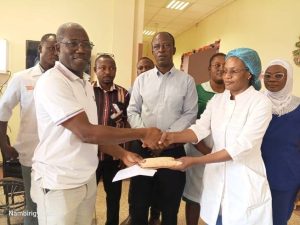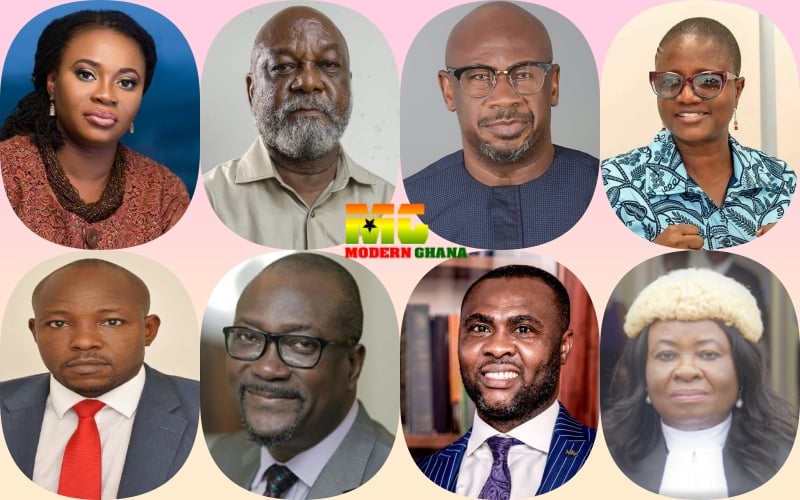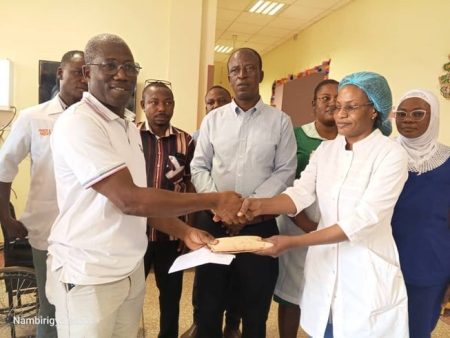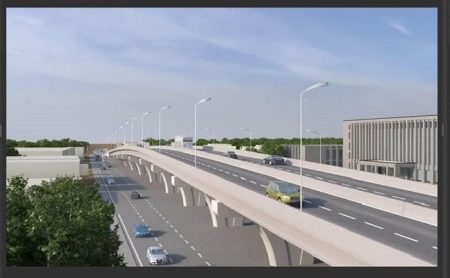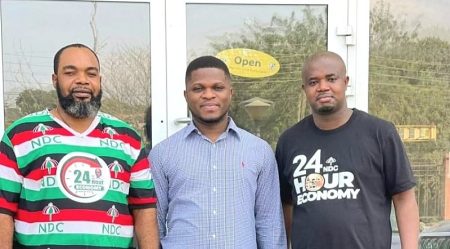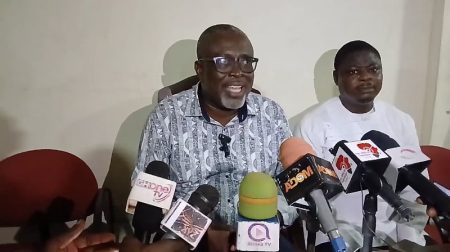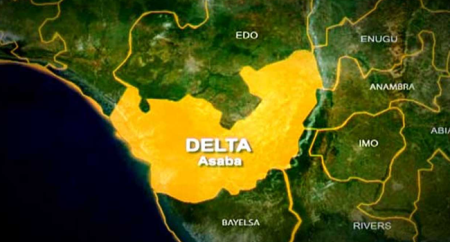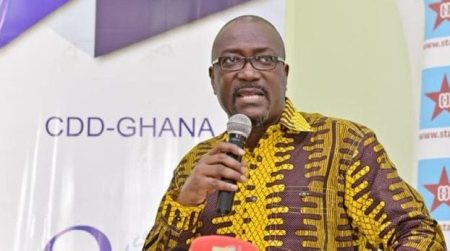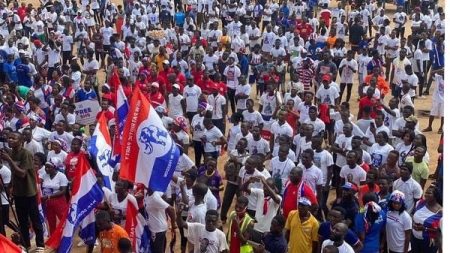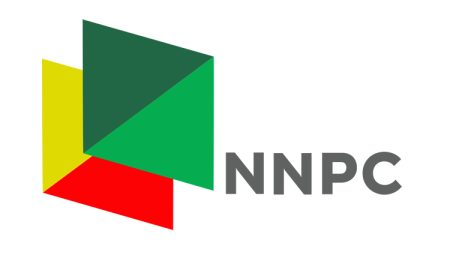Ghana Embarks on Constitutional Review: A Deep Dive into the Process and Implications
Ghana’s 1992 Constitution, the bedrock of its Fourth Republic, is set to undergo a comprehensive review, marking a significant step in the nation’s democratic journey. President John Dramani Mahama has appointed an eight-member Constitution Review Committee, chaired by the eminent legal scholar Prof. H. Kwesi Prempeh, to spearhead this crucial undertaking. This move fulfills a key campaign promise and underscores the President’s commitment to strengthening Ghana’s democratic institutions. The committee, comprising distinguished individuals with expertise in law, governance, and public administration, reflects a deliberate effort to ensure a balanced and thorough review process.
The committee’s mandate is multifaceted and draws heavily on the work of previous constitutional review bodies, including the 2010 Constitution Review Commission and the 2023 Constitution Review Consultative Committee. Recognizing the importance of continuity and building upon past efforts, the committee will revisit unresolved issues and incorporate lessons learned from earlier reviews. A core element of their task is addressing identified gaps and challenges within the existing constitutional framework. This includes revisiting crucial aspects such as governance structures, decentralization of power, and mechanisms for public accountability. The committee’s scope extends beyond a mere technical review; it also involves extensive stakeholder engagement. This participatory approach aims to ensure that the proposed amendments reflect the collective aspirations of Ghanaians, fostering a sense of ownership and legitimacy in the reform process.
The selection of Prof. Prempeh as the committee’s chair is particularly noteworthy. His extensive legal scholarship and unwavering advocacy for democratic governance position him as an ideal leader for this crucial undertaking. The other committee members, including Justice Sophia Adinyirah, Prof. Kwame Karikari, Mrs. Charlotte Osei, Dr. Godwin Djokoto, Ibrahim Tanko Amidu, Dr. Esi Ansah, and Dr. Rainer Akumperigeya (serving as secretary), bring a wealth of experience and diverse perspectives to the table. This carefully curated composition underscores the President’s commitment to appointing individuals with proven expertise, a dedication to national service, and a strong commitment to good governance. The committee’s collective expertise is expected to provide a robust foundation for the review process.
The committee faces a demanding timeline, with a mandate to present actionable recommendations within five months. This ambitious timeframe necessitates a focused and efficient approach. The committee’s recommendations will be carefully considered by the government, with the aim of translating them into concrete reforms that resonate with the needs and aspirations of the Ghanaian populace. This commitment to timely action demonstrates the government’s dedication to addressing constitutional challenges promptly and effectively.
The constitutional review process represents a significant opportunity for Ghana to refine its governance framework, strengthen democratic institutions, and address critical challenges facing the nation. By addressing historical shortcomings and incorporating the insights of diverse stakeholders, the review aims to ensure that the constitution remains a relevant and dynamic instrument for guiding the country’s progress. This comprehensive review carries the potential to solidify Ghana’s position as a beacon of democracy in Africa. The success of the review will hinge on the committee’s ability to navigate complex legal and political terrain, foster consensus among diverse stakeholders, and ultimately deliver recommendations that enhance the Constitution’s efficacy in promoting good governance and protecting the rights of all citizens.
This constitutional review is not merely a legal exercise; it represents a critical juncture in Ghana’s democratic evolution. It is an opportunity to reaffirm the nation’s commitment to constitutionalism, strengthen the foundations of its democracy, and ensure that the Constitution remains a living document that effectively serves the needs of its people. The outcome of this review will have far-reaching implications for Ghana’s future, shaping the trajectory of its political, social, and economic development. The meticulous planning and dedicated leadership of the review committee, coupled with the active participation of Ghanaians, hold the promise of a constitutional framework that is both robust and responsive to the evolving needs of the nation. The world watches as Ghana embarks on this important journey of constitutional reform, offering a valuable case study for other nations striving to enhance their democratic governance.


